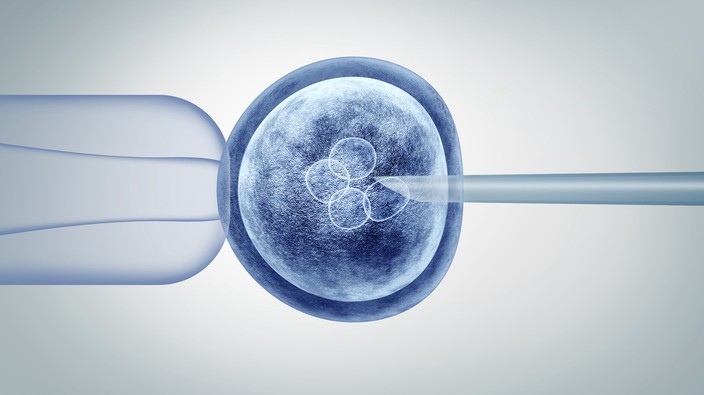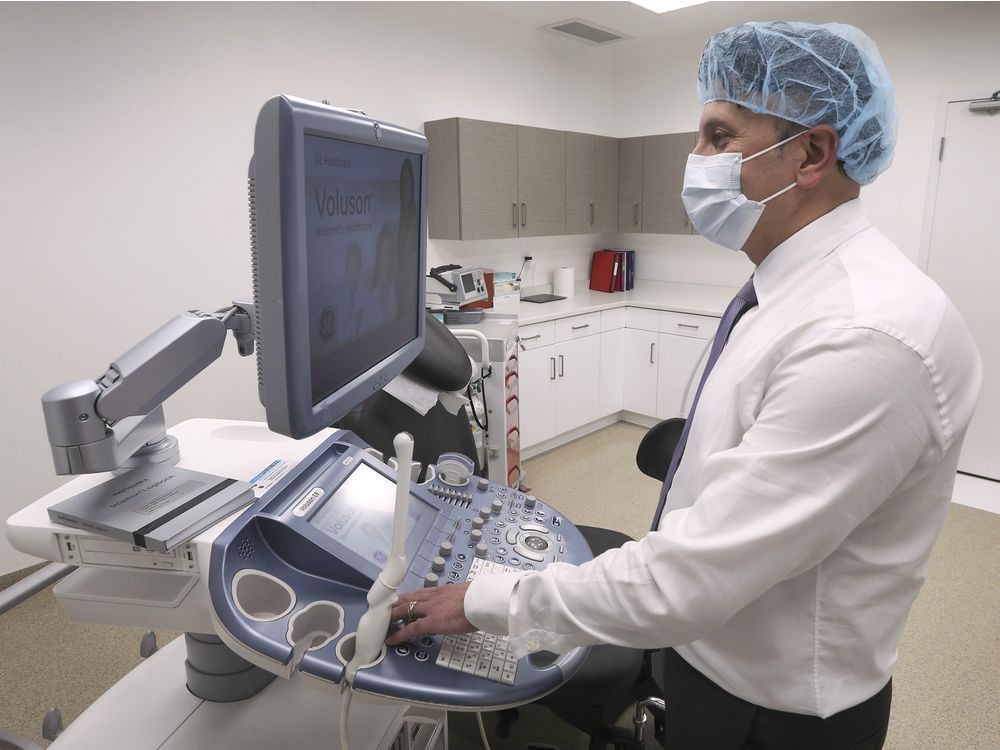more canadians opting for fertility treatment during pandemic
working from home often means not having to disclose health challenges to an employer.
do infertility treatments pose a risk to women’s health?
researchers found that women using assisted reproductive technology were more at risk of acute kidney damage as well as developing an irregular heartbeat.
funding for fertility treatment out of reach for most windsorites
without funding, ivf treatment starts around $10,000, with medication costs on top of that.
 3 minute read
3 minute read









